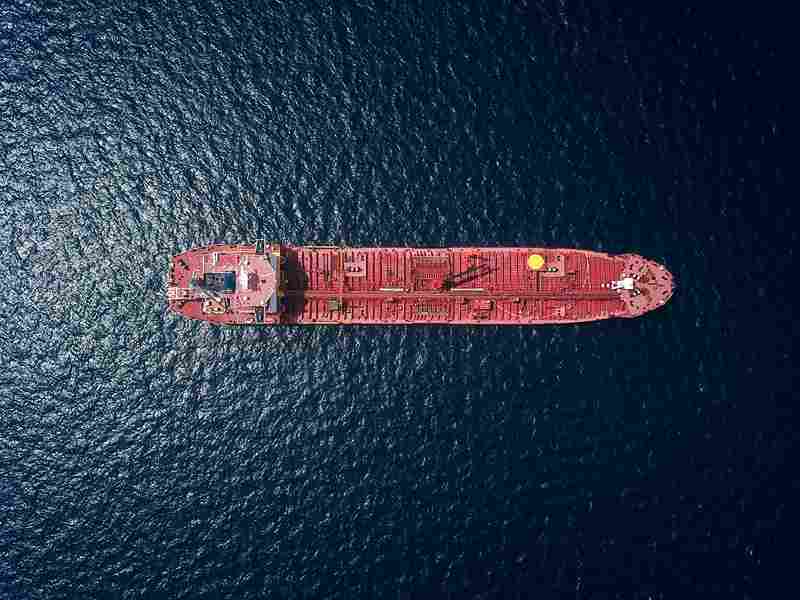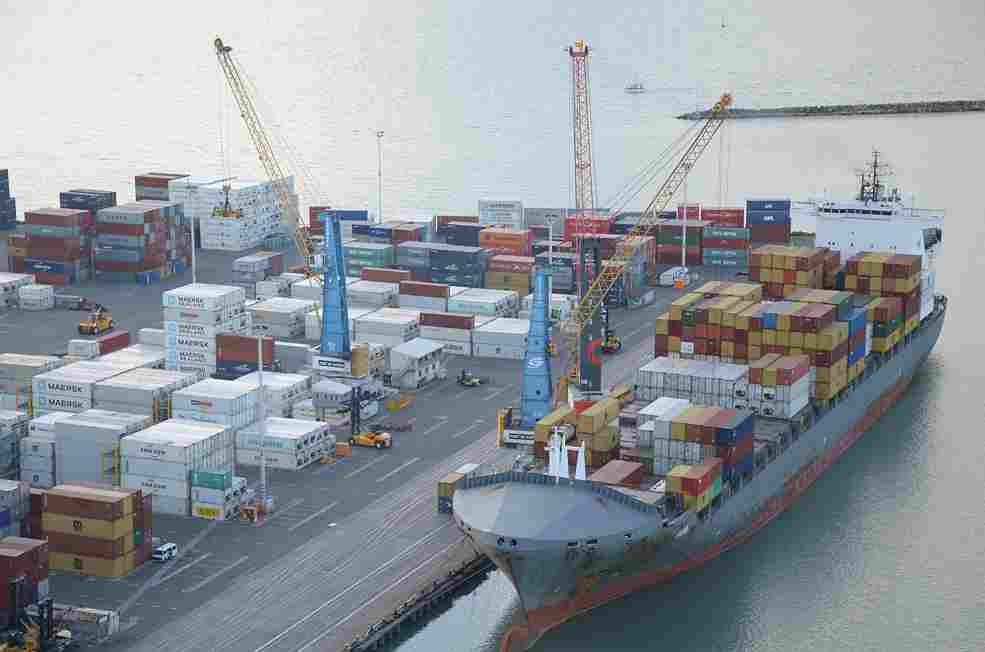
Bunker Fuel Quality Standards and Compliance
Introduction: In the bustling world of maritime trade, the quality of bunker fuel holds immense significance. As the lifeblood of vessels, bunker fuel not only powers maritime operations but also impacts vessel performance, emissions, and overall operational efficiency. To safeguard against risks and ensure smooth sailing, stringent quality standards and compliance measures are paramount. This article sets sail to explore the intricate web of bunker fuel quality standards and compliance, shedding light on the critical role they play in the maritime industry.
Understanding Bunker Fuel Quality Standards: Bunker fuel quality standards serve as the bedrock of maritime operations, dictating the characteristics and specifications of fuels used onboard vessels. These standards encompass parameters such as sulfur content, viscosity, density, and stability, ensuring that bunker fuels meet prescribed criteria for safe and efficient combustion. The International Organization for Standardization (ISO) sets forth comprehensive guidelines, such as ISO 8217, which defines the requirements for marine fuels to uphold quality and performance standards across the globe.
Importance of Compliance: Compliance with bunker fuel quality standards is not merely a matter of regulatory adherence; it is essential for safeguarding vessel integrity, crew safety, and environmental protection. Non-compliant or substandard bunker fuels pose a myriad of risks, including engine damage, increased emissions, operational disruptions, and potential safety hazards. Moreover, in an era of heightened environmental awareness, adherence to quality standards is critical for mitigating the ecological impact of maritime operations and upholding sustainability objectives.
Challenges in Ensuring Compliance: Despite the existence of robust quality standards, ensuring compliance presents a myriad of challenges for stakeholders in the maritime industry. The global nature of maritime trade complicates enforcement efforts, as vessels traverse international waters and encounter diverse regulatory frameworks. Additionally, the prevalence of fuel blending and adulteration practices poses risks of fuel contamination and non-compliance. Moreover, variations in fuel quality across different ports and suppliers necessitate meticulous monitoring and quality assurance measures to maintain consistency and reliability.
Navigating the Compliance Landscape: To navigate the complex terrain of bunker fuel quality standards and compliance, collaboration and diligence are paramount. Shipowners, operators, bunker fuel suppliers, and regulatory authorities must work in tandem to uphold quality standards and ensure regulatory compliance throughout the bunkering process. This entails robust quality control measures, including fuel sampling and testing, adherence to ISO specifications, and documentation of bunker fuel characteristics. Furthermore, investments in technology, such as onboard fuel monitoring systems and fuel analysis tools, bolster transparency and accountability in fuel management practices.
Embracing Innovation and Best Practices: In the quest for compliance excellence, innovation and best practices play a pivotal role in driving continuous improvement. Embracing technological advancements, such as digitalization, blockchain, and artificial intelligence, streamlines data management processes and enhances traceability in the bunker fuel supply chain. Moreover, fostering a culture of compliance through training, education, and awareness initiatives empowers stakeholders to uphold quality standards and proactively address compliance challenges.
Conclusion: In the ever-evolving landscape of maritime trade, bunker fuel quality standards and compliance serve as steadfast beacons, guiding vessels safely through the waters of regulatory scrutiny and environmental responsibility. By prioritizing adherence to quality standards, fostering collaboration, and embracing innovation, the maritime industry charts a course towards excellence in bunker fuel management. Through diligence, vigilance, and a collective commitment to compliance, stakeholders uphold the integrity of maritime operations while safeguarding the oceans and environment for future generations.





